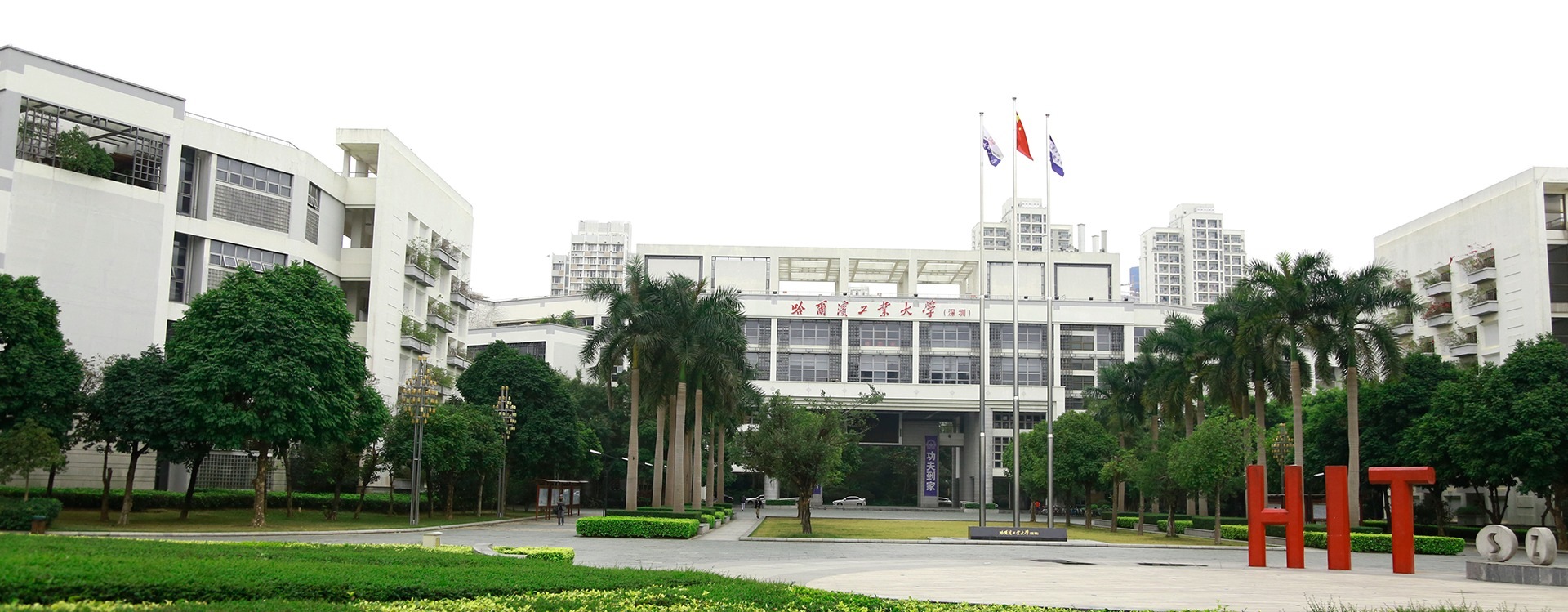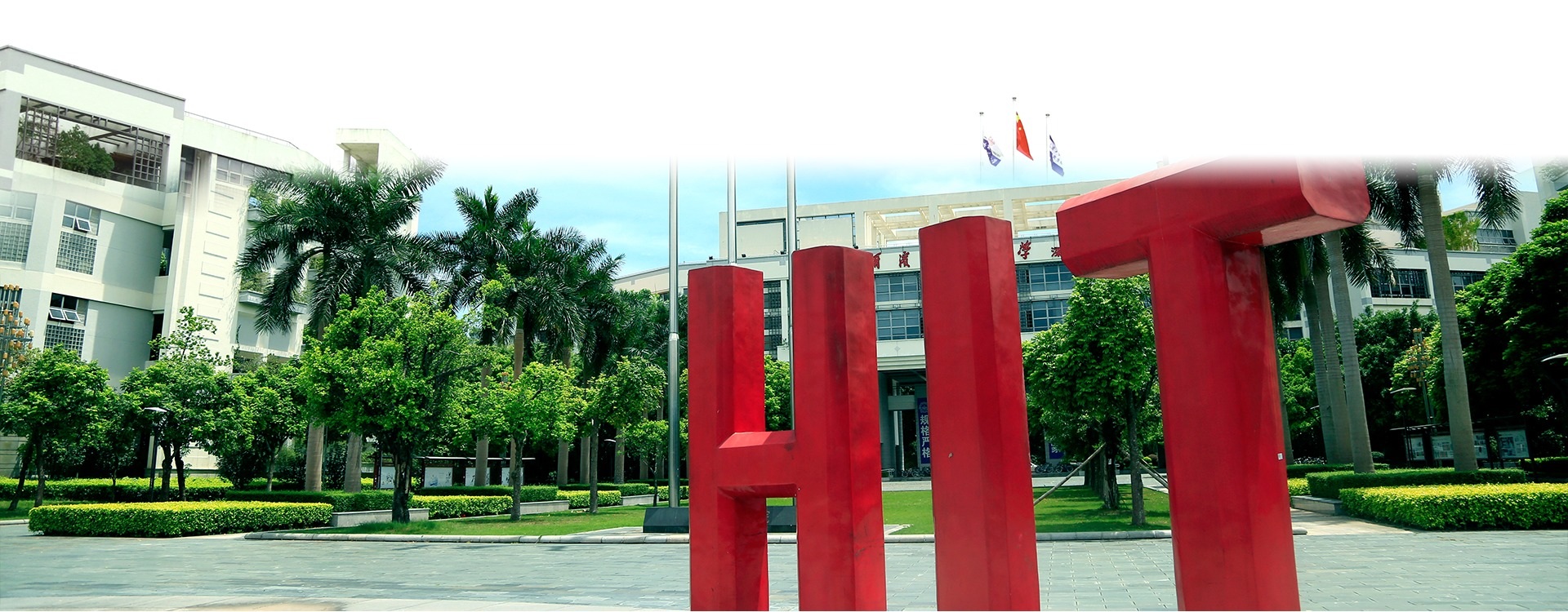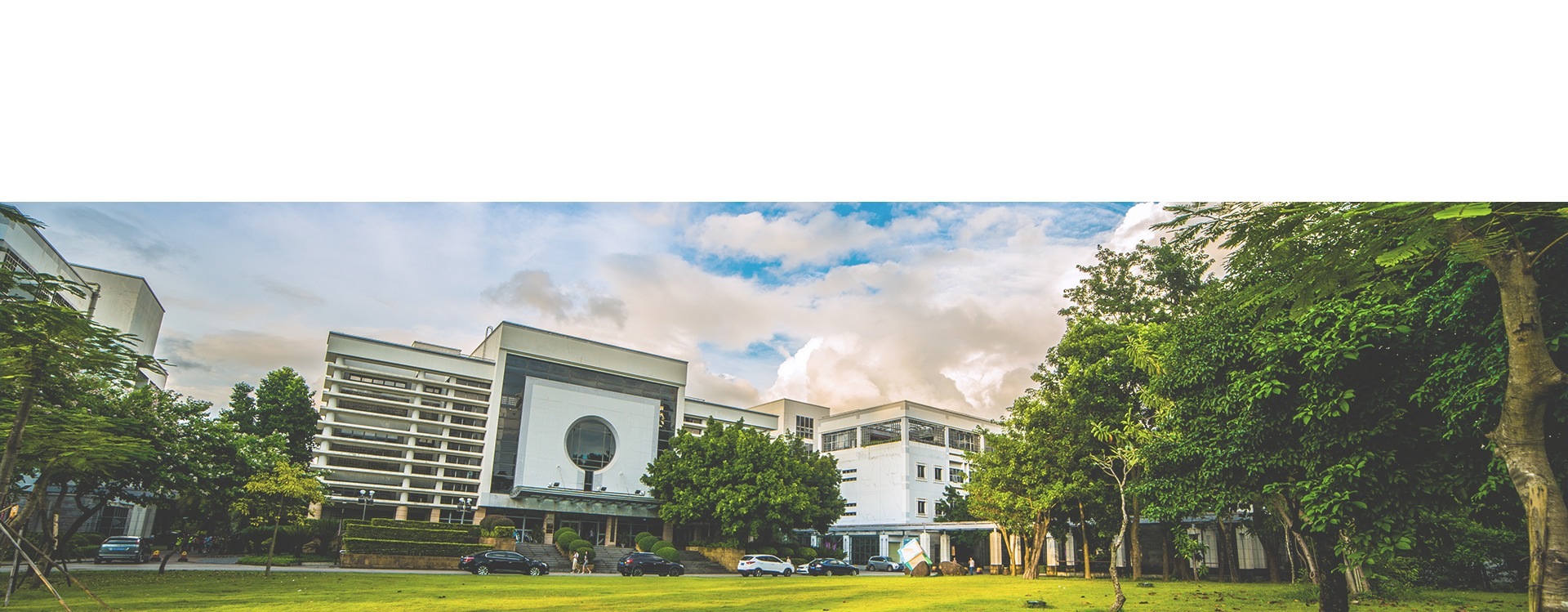演讲人Speaker:Patrick Charbonneau
时间Date:2017年5 月3日 Time:10:30am
地点Venue:A栋414室
内容摘要Abstract:Hard spheres confined to a hard cylinder model various experimental systems, such as fullerenes in nanotubes and colloidal wire assembly. The study of the densest packings offers a rich set of potential targets, and the study of their assembly dynamics hints at what may be experimentally achievable. We developed optimization schemes to identify the former and numerical simulations to study the latter. The equilibrium and out-of-equilibrium assembly of hard spheres of diameter σ within cylinders of diameter σ ≤ D ≤ 2.82σ reveals that marked structural crossovers can be observed even though phase transitions formally do not exist in a quasi-one-dimensional system. We also find that the sequence of equilibrium assemblies echoes the densest packing sequence at equilibrium, but that out-of-equilibrium self-assembly offers a rather rich control over the final morphology. Crossovers for which no continuous line-slip exists, for instance, are found to be particularly unfavorable.
个人简介(About the speaker): Patrick Charbonneau studies soft matter at Duke University, where he is an associate professor of chemistry and physics. Originally from Montreal, he obtained his Ph.D. in chemical physics from Harvard University in 2006 and was then a Marie-Curie Fellow at Amolf, in Amsterdam, before joining Duke in 2008. Charbonneau’s research focuses on the glass problem and on colloidal and protein self-assembly, using both theory and numerical simulations. He has thus far published more than 50 peer-reviewed papers on these topics, and co-organized a number of workshops, including “Particulate Matter: Does Dimensionality Matter?” in Dresden in 2010 and “Unifying Concepts in Glass Physics VI” in Aspen in 2015. Since joining Duke, Charbonneau has earned a National Science Foundation CAREER Award, a Sloan Fellowship, and an Oak Ridge National Lab Ralph E. Powe award, and been granted various visiting scientist positions.





